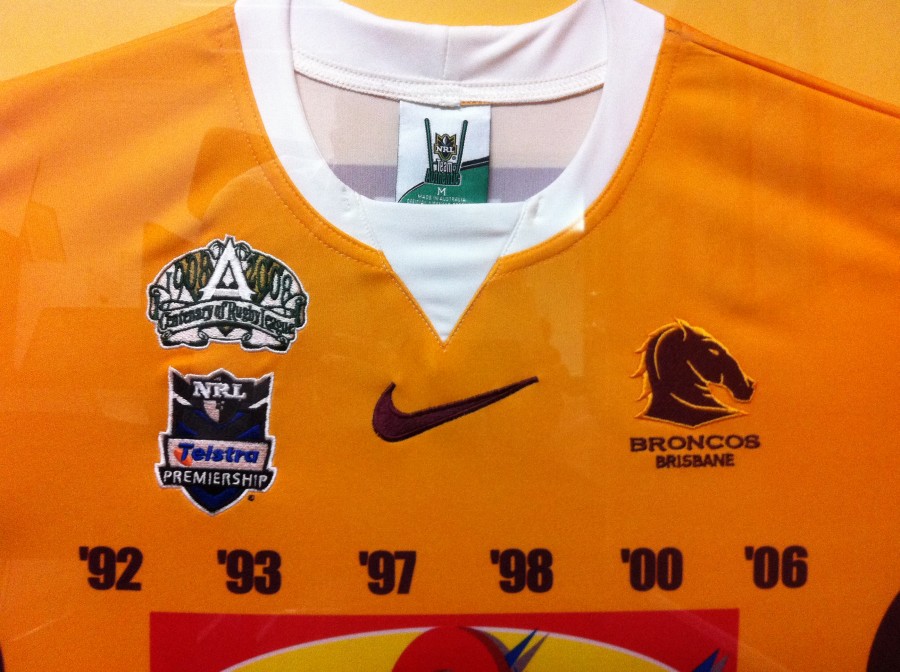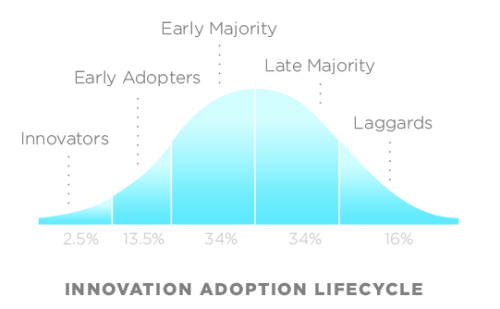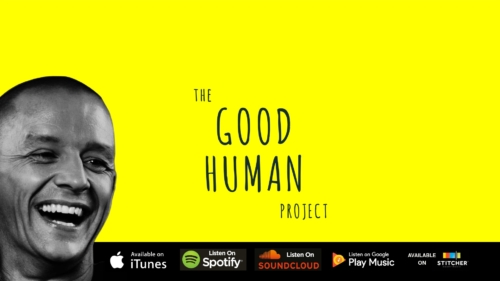Internet Marketing Strategy and Common Sense
Are people getting too “techy” for their own good?
The battle for top rankings in Google is fierce – no doubt about it. There are certain keywords that people are paying a fortune for. You can burn through thousands in a couple of hours on Google Adwords if you don’t know what you’re doing – even if you do.
Then you have SEO strategies, back linking, social media, email marketing and on and on it goes…
But let’s stop and think for a second…
At the end of the day, all the cool tools, plugins, web apps, social media optimisation, etc won’t mean shit if it doesn’t mean something to someone at the end of the day. What I mean is, your customer.
If you want to sell something or market something, it has to appeal to a human being!
Optimising for traffic means optimising for human beings.
Common sense is more important to understanding keywords, content and piecing this whole puzzle together. And it’s even more important than most people think. At Zanity, we see it every day. Products and services get named without doing any keyword research. Poorly thought out strategies that don’t integrate and drive targeted traffic.. sorry … drive human beings to a call to action that converts into a paying customer.
So let me shed some light on this from a common sense perspective…
3 Rules for Common Sense in SEO and Web Traffic
1. Content – articles, blog posts and web pages written to please search engines often fail to convert the traffic because at the end of the day, a human being has to read it and convert to an enquiry or a sale for it to be worth anything. Write for the people is the only real strategy. Give good value and write about topics that relate to your business, services and products. But do it, with an understanding of the keywords people actually search for. This basic research can set the basis for all your future articles and help you decide on the content you should focus on in a prioritised order.
2. Backlinks – back links are the online version of referrals. Having websites link to you, or refer you is powerful. But search results and the algorithms of Google are very advanced. So again, common sense prevails. Last year, in 2012, Google made 665 updates to Google’s Search Quality. If a site is highly ranking and highly relevant to your content from a keyword point of view, it adds more weigh than one that is totally irrelevant. In fact, Google may even frown upon your site and negatively effect your natural search rankings. One way referrals are more powerful than two way referrals where you link back. If you think of it like real life people and day to day deals in business, your common sense will guide your back linking strategy also.
3. Social Media – the most transparent form of content is not only social, it’s re-distributed at lightning speed. The elements of a social conversation apply online just the same as they do face to face. Listening to people and helping out is more important what you have to say. Adding value reigns supreme, so if you must talk, make it about them, not you. Trust is built over time and before you ask for anything in return, you must have given something first. This psychology of human understanding doesn’t take a science degree to realise that it applies online just as it does in everyday life. If you dribble on with irrelevant, boring, re-hashed, un-original content that can be easily found somewhere else, you will soon have no one listening to you. And drinking alone at a bar is the same thing as zero friends, followers and likes online.
High Tech and Low Touch will never beat Low Tech and High Touch. But if you combine High Tech with High Touch you have a formula for incredible traffic and human engagement.









Leave a Reply
Want to join the discussion?Feel free to contribute!